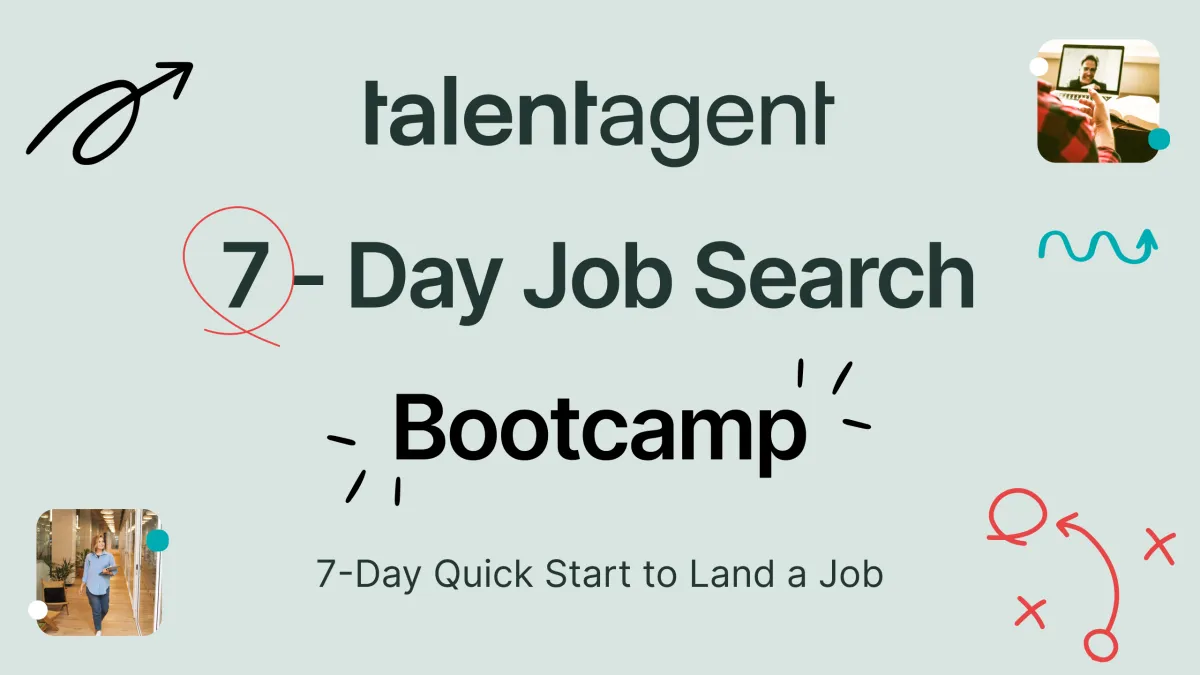Blog

Day 4. Education and skills
Day 4
Education, Skills, Hobbies
🎉Congratulations🎉
Huzzah! You made it to Day 4 of our 7 day Job Search Challenge. Great work!🎊
You'll be focusing on the education, skills, and hobbies sections of your resume. We’re not very keen on explaining why listing your education and skills is important. Instead, we’ve decided to list the top 4 mistakes and answer the most frequently asked questions. We think this information will bring you even closer to the ideal resume.
Keep up the awesome effort!💪 We're proud of your dedication!
Best of luck!🌟
Talent Agent Team
Putting your education at the top of your resume
Generally speaking, the strongest selling point for any candidate is work experience. Following the rule “put the most relevant information on top”, your summary and work experience sections should begin your resume. However, there are 2 exceptions:
You’ve graduated from a top school (eg an Ivy League University)
You just recently graduated
Not listing skills in a separate section
Having a separate skills section is a must. Here are a few reasons why:
Highlight your relevant skills
While your work experience is crucial, it may not always directly showcase all the relevant skills you possess. A dedicated skills section allows you to clearly and concisely highlight the specific abilities that are most relevant to the job you are applying for.
Quick scans by recruiters
Recruiters spend about 7 seconds scanning a resume, so a dedicated skills section provides a clear and organized way for them to quickly identify your relevant abilities.
Applicant Tracking System (ATS)
Many companies use ATS software to scan resumes for keywords and specific skills. Having a dedicated skills section makes it easier for the ATS to identify and match your skills with the job requirements.
Not using the language of your industry for skills
Language of the industry refers to the specialized terminology, concepts etc. that are commonly used in your field. Look through job descriptions and try to use the same language employers use to showcase your skills.
Thinking hobbies are irrelevant
Hobbies are relevant if they:
Show you in good light
Match with the company’s corporate culture
For example, if you love board games and the company you want to apply to has board games as team building exercises, it’s a good idea to mention “Monopoly” in your hobbies section. And we know a lot of hiring managers who’ll value your sports achievements (such as having a Black Belt in karate) as it shows your determination and ability to achieve goals. At the same time, we’d omit mentioning “I watch Friends every night” unless you’re absolutely sure that’s the biggest interest of your hiring manager.
❓FAQ❓
Do I have to put graduate dates on my education?🎓
No, you don’t. If you’re worried that you may be rejected because of agism, skip putting dates on your education.
Where do I list online courses?💻
You can either list them in your “Education” section or create a “Professional Development” section specifically for courses.
I have a big career gap. What should I do?🕐
You can mention that you were having a career break, or were on a maternity/paternity leave. If you’ve been working on side projects or educating yourself, that's definitely worth mentioning too!
How should I handle incomplete education on my resume?📚
List the institution, the degree you were pursuing, and the dates attended. If relevant, include any completed coursework or credits. For example, “Pursued Bachelor of Science in Computer Science, University of XYZ, 2018-2020 (completed 60 credits)
📄 You can find the challenge task and the FAQ in attached docs. Weigh every word. Good luck 🍀❤️
Take a well deserved rest and see you tomorrow for Day 5 of the challenge! 🌟